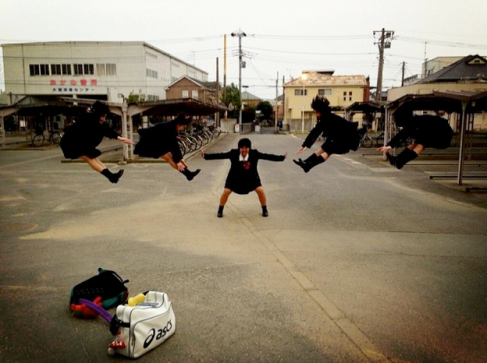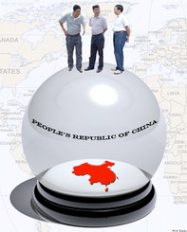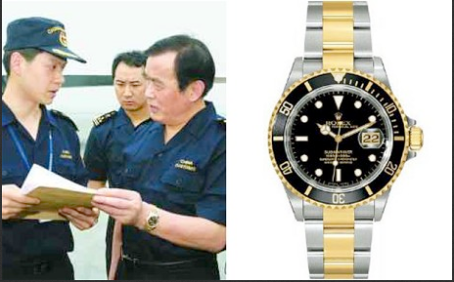The viral meme. An awesome amalgamation of poorly-drawn, staged, or Photoshopped images; blunt sentencing (or none at all); generally horrible spelling; and – more often than not – a sentence voicing an opinion shared by hundreds of thousands across borders and languages. The success of the meme largely lies in its variability: All play off a common theme, but can be twisted visually or linguistically to reflect entirely different emotions (see: Socially Awkward Penguin/Awesome Penguin).
But memes and other things that “go viral in the night” have been a distinctly American Internet phenomenon – until now. With the Japanese innovation of “Hadokening” (thank you, Buzzfeed, for wrongly attributing this to DragonBall Z, when it’s really of Street Fighter 2 origin)…

Convenient they’ve all left their seemingly gravity-bound belongings in a small pile. (Image courtesy of ABC News and i.imgur.com.)
…and pan-Asian “Potato Parties“…

A group of teens in Seoul, South Korea, started the “potato party” trend by ordering a butt-ton of fries at McDonald’s. (Image courtesy of Global Post, Twitter.)

…When you have nothing better to do than order 60 “large fries” at once. Who’s hungry?! (Image courtesy of japandailypress.com.)
…not to mention, the awesome power of the written Chinese language’s tendency toward Internet-related funny homophones, and China’s willingness to take on government corruption via meme…

Chinese officials help “regulate” soccer match. The “cluster of three” has recently become a popular, corruption-related meme. (Courtesy of i2.kym-cdm.com.)

Recently appointed minister of Chinese railways, Sheng Guangzu, had an unfortunate episode with Rolex watches. Maybe he’ll learn better next time. (Image courtesy of telegraph.co.uk/worldnews/asia/china.)

Don’t you hate waiting that extra 10 minutes for the Internet to be your “friend” again? (Image courtesy of memejelly.com.)
…it would appear that Asia as a whole is winning 2013. Time to go watch more videos about a Japanese cat figuring out cardboard boxes and a traditional Beijing opera “female impersonator” get his transsexual rock-opera on. Not exactly memes, but maybe some day they’ll go viral in America, too.


